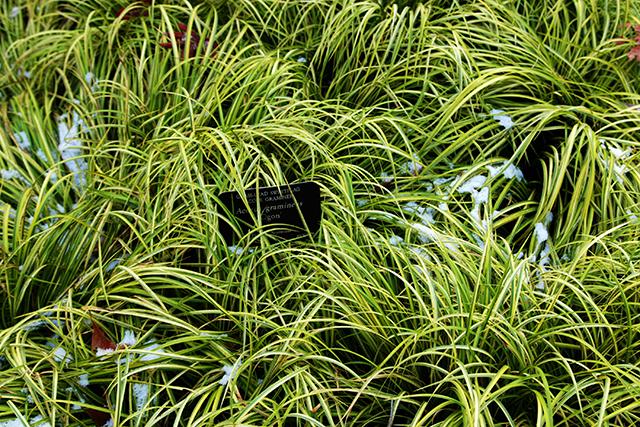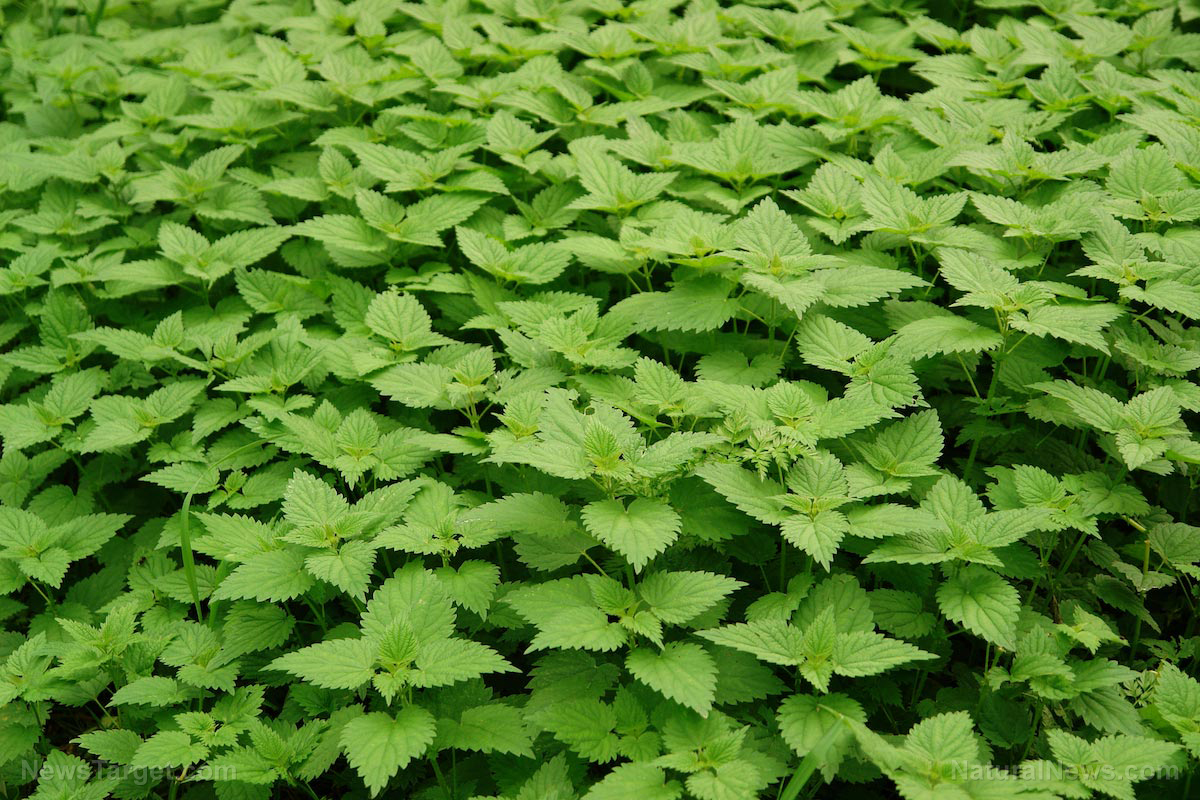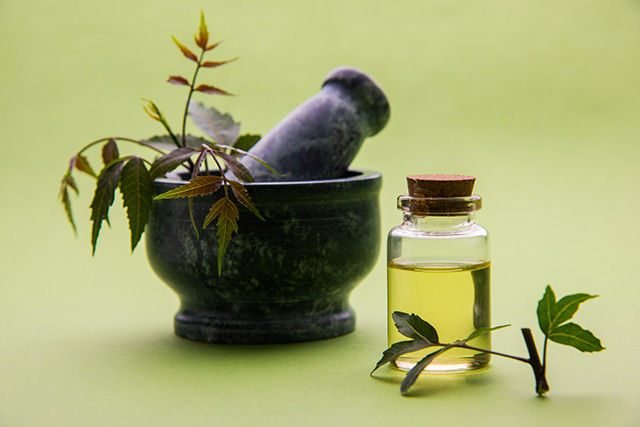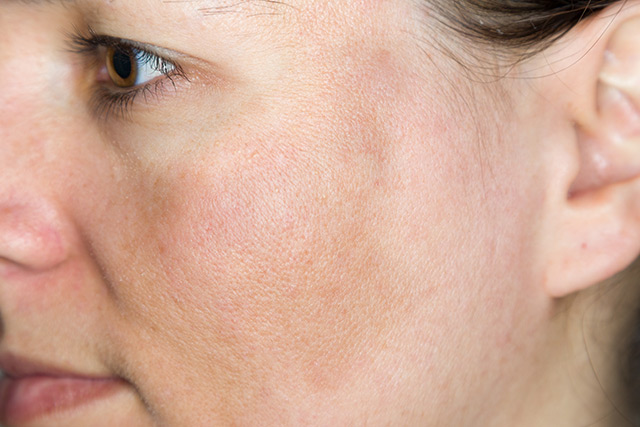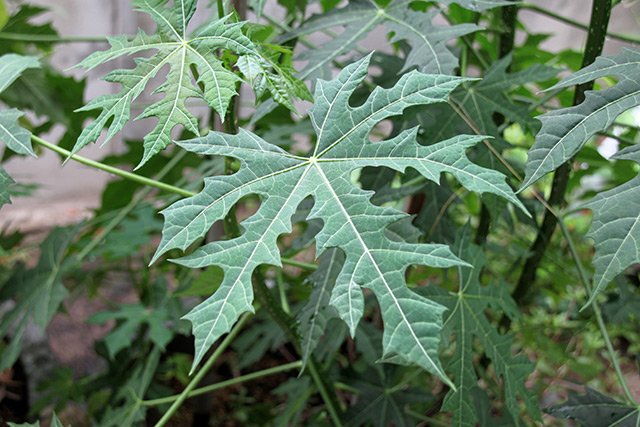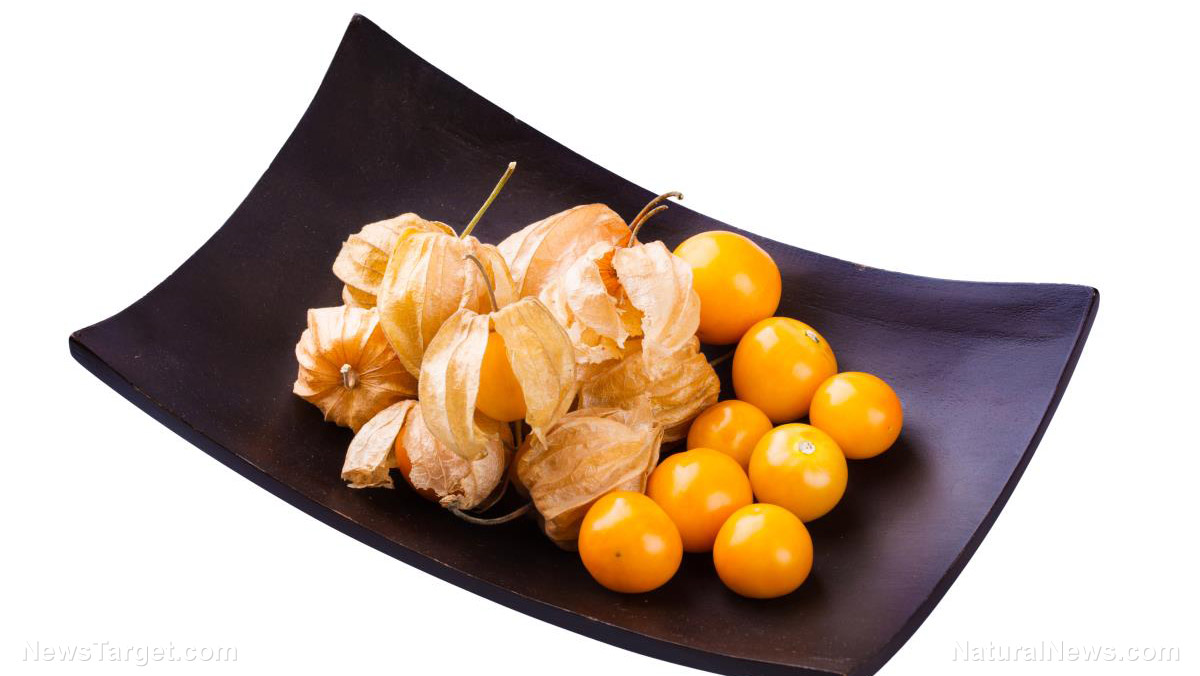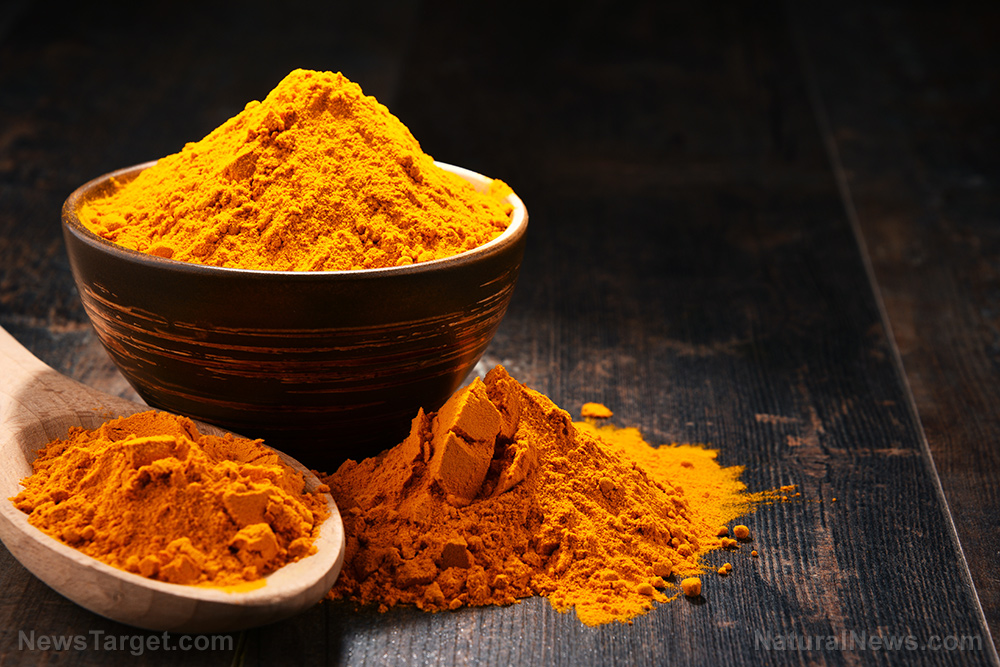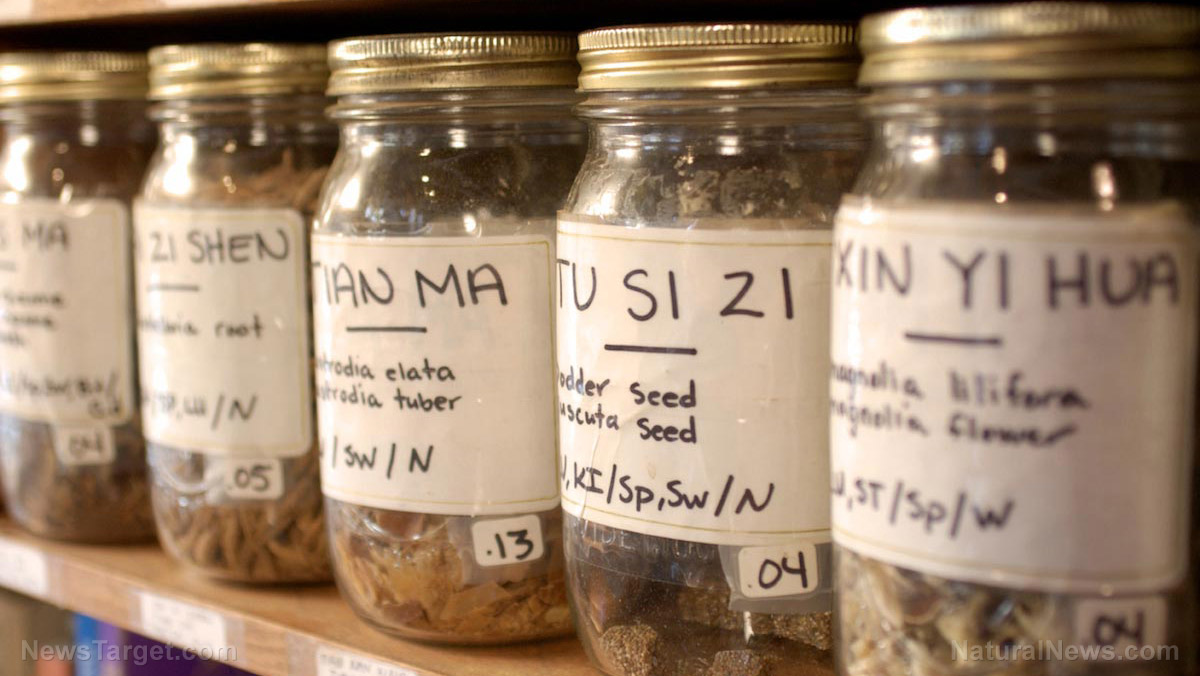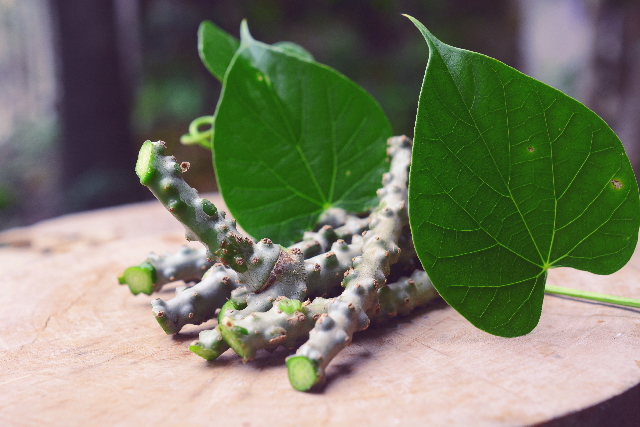Buckthorn, known for its antioxidant and anti-inflammatory properties, found to protect against acute lung injury
10/15/2018 / By Ralph Flores

Researchers have found an ingredient found in buckthorn that is capable of reducing acute lung injury, based on in vivo studies. Rhamnazin, a flavonoid found in the buckthorn plant, has already been known for its antioxidant and anti-inflammatory properties. However, researchers from Changzhou Jintan District People’s Hospital in Jiangsu, China had also discovered that rhamnazin is also capable of protecting against acute lung injury, based on initial in vivo testing. This adds more evidence to the health benefits of the buckthorn plant, which is already used in traditional folk medicine.
Acute lung injury (ALI), as well as acute respiratory distress syndrome (ADRS), are symptoms of severe respiratory failure. The condition is known to have a high mortality rate, and even if a patient with ALI survives, studies have shown that his long-term quality of life is also affected. A person who suffers from ALI has an inflammation that blocks the air pathways of the lungs.
ALI is mainly caused by toxic inhalation, drowning, or trauma from injuries. However, it can also be indirectly caused by bacterial infections from burns, blood transfusion, and sepsis. Once this happens, the lipopolysaccharide (LPS) present in the bacterial cell walls attacks the pulmonary vessels and causes inflammation.
Flavonoids, on the other hand, are naturally-occurring substances that have several anti-inflammatory and anti-oxidative properties. Most flavonoids are found in fruits and vegetables. Aside from being anti-inflammatory, they contain anti-cancer and anti-aging properties as well. Rhamnazin, the flavonoid found in the buckthorn plant, has been known to possess antioxidant and anti-inflammatory properties, but there is limited research that shows its capability in handling inflammation in acute lung injury.
To test this theory, ALI was simulated in rat samples using LPS from an Escherichia coli sample and were observed for 24 hours. Some rats were randomly assigned to receive rhamnazin together with the LPS and were also observed for the same amount of time.
The results discovered a significant reduction in the inflammation of the lungs of the rats that were treated with rhamnazin, which enabled it to provide protection against ALI. The researchers indicated in the results that the plant flavonoid rhamnazin demonstrated defensive properties against LPS-induced ALI, with all “parameters for measuring pulmonary inflammation showed a significant improvement over the LPS lung.” In addition, rhamnazin may also work through its strong anti-oxidant properties.
Aside from rhamnazin, the buckthorn plant also has other health benefits. It contains an ingredient called anthraquinone which may have anti-cancer properties. In some regions, it is used to treat skin conditions, such as wounds and sores, as well as parasites and gallstones. It has also been used as a health tonic and a diuretic. When orally taken in small doses, it has a laxative effect on the nerves in the intestinal tract.
While buckthorn has health benefits, it is not recommended for children under 12 years old, and pregnant and lactating mothers. Individuals who suffer from irritable bowel disorders such as ulcerative colitis and Crohn’s disease should seek medical advice prior to using buckthorn. (Related: Scientists Discover Sea Buckthorn Herb Protects Liver From Toxins.)
To learn more about how to use herbs to protect your body from disease, go to Herbs.news today.
Sources include:
Tagged Under: acute lung injury, acute respiratory distress syndrome (ARDS), acute respiratory failure, alternative medicine, Buckthorn, flavonoid, food cures, herbal medicine, Herbs, inflammation, medicinal plants, natural cures, pulmonary edema


